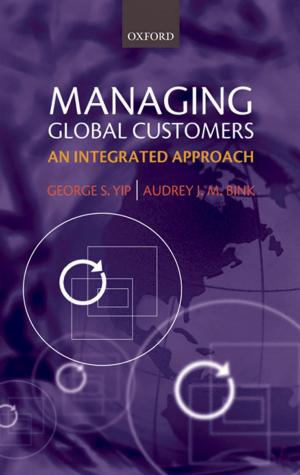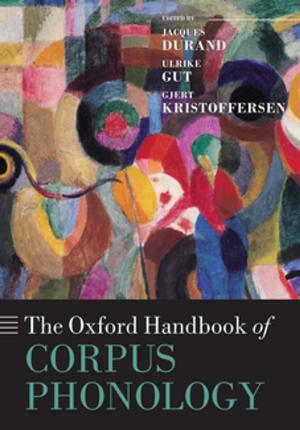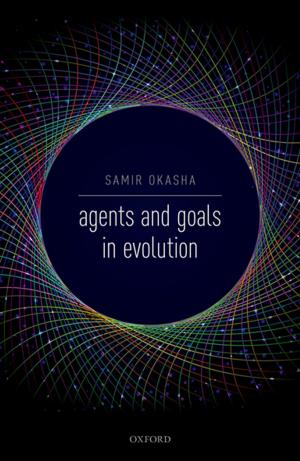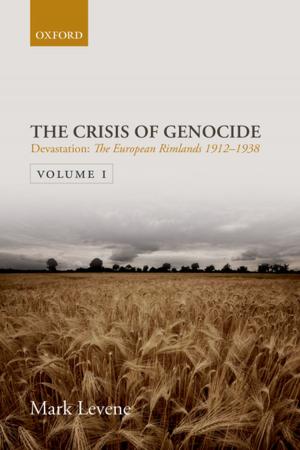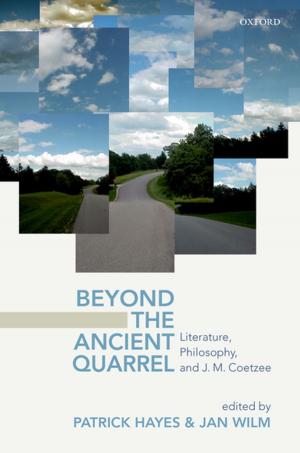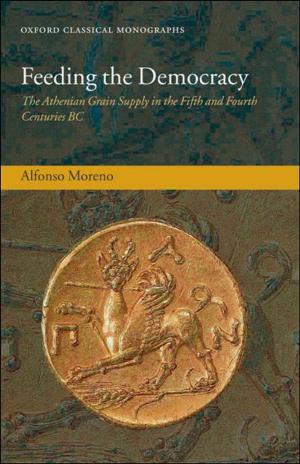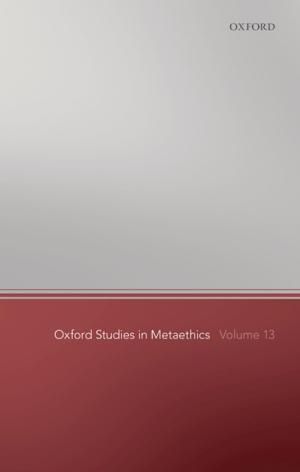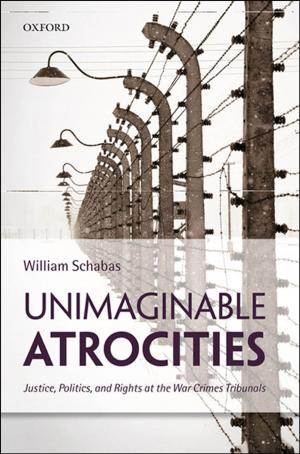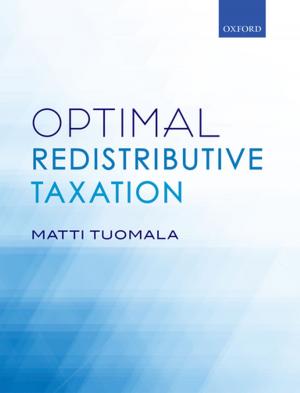The Book of Common Prayer: The Texts of 1549, 1559, and 1662
The Texts of 1549, 1559, and 1662
Nonfiction, Religion & Spirituality, Reference, Ritual & Practices, Christianity| Author: | ISBN: | 9780191619922 | |
| Publisher: | OUP Oxford | Publication: | September 8, 2011 |
| Imprint: | OUP Oxford | Language: | English |
| Author: | |
| ISBN: | 9780191619922 |
| Publisher: | OUP Oxford |
| Publication: | September 8, 2011 |
| Imprint: | OUP Oxford |
| Language: | English |
'In the midst of life we are in death' The words of the Book of Common Prayer have permeated deep into the English language all over the world. For nearly 500 years, and for countless people, it has provided a background fanfare for a marriage or a funeral march at a burial. Yet this familiarity also hides a violent and controversial history. When it was first produced the Book of Common Prayer provoked riots and rebellion, and it was banned before being translated into a host of global languages and adopted as the basis for worship in the USA and elsewhere to the present day. This edition presents the work in three different states: the first edition of 1549, which brought the Reformation into people's homes; the Elizabethan prayer book of 1559, familiar to Shakespeare and Milton; and the edition of 1662, which embodies the religious temper of the nation down to modern times. Far from being a book for the religious only, the Book of Common Prayer is one of the seminal texts of human experience and a manual of everyday ritual: a book to live, love, and die to.
'In the midst of life we are in death' The words of the Book of Common Prayer have permeated deep into the English language all over the world. For nearly 500 years, and for countless people, it has provided a background fanfare for a marriage or a funeral march at a burial. Yet this familiarity also hides a violent and controversial history. When it was first produced the Book of Common Prayer provoked riots and rebellion, and it was banned before being translated into a host of global languages and adopted as the basis for worship in the USA and elsewhere to the present day. This edition presents the work in three different states: the first edition of 1549, which brought the Reformation into people's homes; the Elizabethan prayer book of 1559, familiar to Shakespeare and Milton; and the edition of 1662, which embodies the religious temper of the nation down to modern times. Far from being a book for the religious only, the Book of Common Prayer is one of the seminal texts of human experience and a manual of everyday ritual: a book to live, love, and die to.



